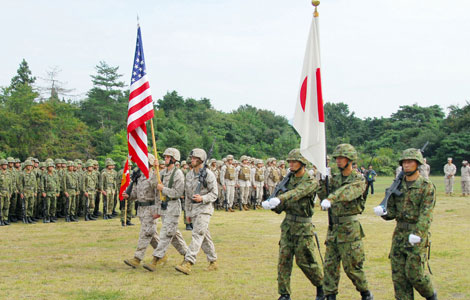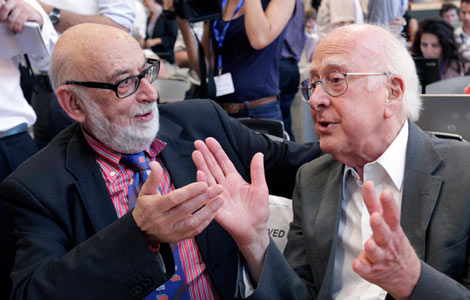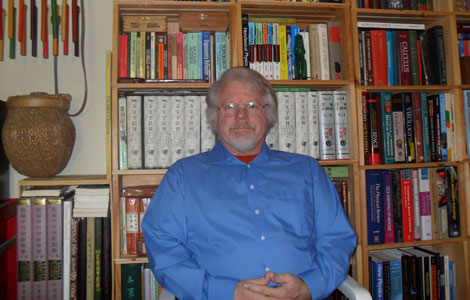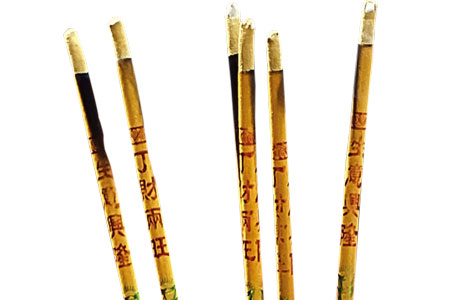Officials: A matter of faith
Updated: 2013-10-09 09:51
By Ji Zhebu (China Daily)
|
||||||||
Greater tolerance
According to Cheng, since China launched the reform and opening-up policy in 1978, a number of religious, philosophical and political theories from overseas have become well known and society has become more tolerant of different ideas. These theories can have a great influence on government officials.
"These foreign ideas broadened the minds of the Chinese people and provided them with a more objective and comprehensive understanding of the world. However, these theories also have become a challenge to Marxism-Leninism - the guiding ideology of the CPC - and have result in fuzzy thinking and confusion among Party members," she said.
According to Wei, the development of the market economy and the rising standard of living have given local officials huge amounts of power, which they often abuse for financial gain. Some weak-willed people or those with a poor understanding of communist ideals will be easily tempted to act in their own self-interest when offered bribes, either financial or sexual.
"We have undertaken research into corrupt officials and found that most of them struggled with their consciences when accepting bribes or embezzling money. Many corrupt officials hope that by repenting their past mistakes, God or Buddha will afford them protection and forgive their errors," he explained. "Corruption is not a problem of faith, but for some departmental leaders and high-level officials, power and restraint are in a serious imbalance."
Zhen Xiaoying, former vice-president of the Central Institute of Socialism said faith is a spiritual activity, which is hard to measure or calculate. Moreover, additional factors also need to be taken into consideration.
"Honestly speaking, some members have joined the Party with a very ambitious utilitarian purpose. They hope identification with the Party can pave the way for promotion and make them more competitive among their peers," said Zhen.
In the past, Party branches maintained close links with their members, but nowadays, the connection between some grassroots branches and Party members exists in name only, she added.
Zhen said that without proper attention from the Party branches, the members are unable to discover a sense of belonging. By contrast, religious believers have a comparatively closer connection with each other and their organizations.

 Last photos of Hungarian wingsuit diver
Last photos of Hungarian wingsuit diver
 In photos: Typhoon Fitow aftermath
In photos: Typhoon Fitow aftermath
 Japan-US military drill raises tension
Japan-US military drill raises tension
 Higgs and Englert win physics Nobel prize
Higgs and Englert win physics Nobel prize In Bali, they relax in local fashions
In Bali, they relax in local fashions
 Post office for Liaoning carrier opens
Post office for Liaoning carrier opens
 A smog-filled Beijing targets polluting cars
A smog-filled Beijing targets polluting cars
 Animal welfare to be added in training
Animal welfare to be added in training
Most Viewed
Editor's Picks

|

|

|

|

|

|
Today's Top News
Peace is in China's DNA: says ambassador
Trending News across China on Oct 9
Xiaomi's Barra ready to take on Beijing
A day of cultural exchange at Pace University
ZTE, Houston Rockets shooting for global markets
Global firms facing HR challenges in Asia
Back to 1942, entered for the 86th Oscars
Obama says he'll negotiate once 'threats' end
US Weekly

|

|







